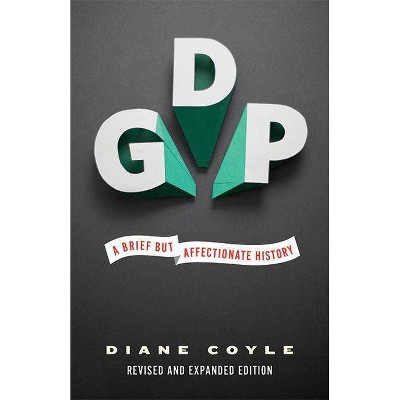
Diane Coyle's book "GDP: A Brief but Affectionate History" is a critical analysis of gross domestic product (GDP), which is considered one of the most important economic indicators for measuring a country's economic growth and development. The book explores the origins of GDP, its evolution over time, and its limitations as a measure of economic welfare.
Coyle argues that while GDP has its uses, it is not without its faults. For example, GDP does not take into account the distribution of income within a country, nor does it consider the impact of economic growth on the environment. In addition, GDP can be distorted by factors such as government spending and pollution clean-up costs, which may actually increase GDP but have negative impacts on society.
The book also looks at alternative measures of economic welfare, such as the Genuine Progress Indicator (GPI) and the Human Development Index (HDI), which attempt to capture the broader impacts of economic growth on society. Coyle argues that policymakers need to consider these measures alongside GDP when making decisions about economic policy.
Overall, "GDP: A Brief but Affectionate History" is a thought-provoking and accessible read for anyone interested in economics, policy, or the role of GDP in modern society.
Crafted by ChatGPT